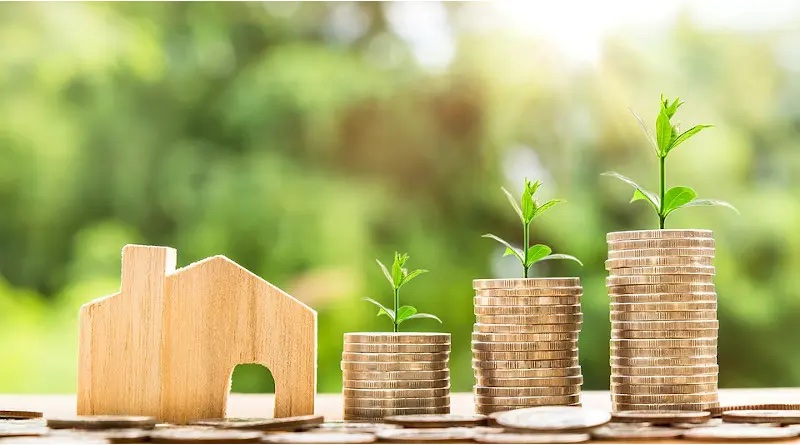As Businesses Embrace Sustainability A Pathway To Economic Reset Emerges
In the midst of a deep recession brought on by the COVID-19 pandemic, there is a growing consensus that the global economy is due for a reset. Business leaders are optimistic that rather than slide back into normality, as the leading economies did after the 2008-2009 financial crisis, the major social, political and climatological ruptures of recent years have driven a growing awareness that as the world emerges from the pandemic, it will not be business as usual.
The urgent need for far-reaching change, however, is matched by the enormity of the challenges. “What this pandemic has done so far is not really change the future yet, but it has very much revealed the present,” said Achim Steiner, Administrator, United Nations Development Programme (UNDP).
“Our main measures of success remain solely financial,” said Alan Jope, Chief Executive Officer of Unilever. “It’s bizarre and it’s outdated.” He called for “21st-century tools for a 21st-century environment”, noting that: “The definition of success for a country, which is usually GDP, and all our traditional financial metrics are built on environmental degradation and growing inequality.”
Along with mandating non-financial reporting, Jope called for four other changes to the way business is done. “It’s really believing that operating to the benefit of multiple stakeholders works,” he said. “Serving customers properly, looking after employees, being fair with suppliers, and making a positive contribution to society and the health of the planet will lead to better financial returns.”
Anne Finucane, Vice-Chairman of Bank of America, echoed the assertion that companies can do well by doing good. “In recent years, there’s a fair amount of data that’s been put forward to demonstrate that if ESG is calculated into the behaviour of a company that the company itself does better – less bankruptcy, higher satisfaction with its clients and customers, and even sometimes higher multiples.”
“We are hearing our shareholders. We are hearing our stakeholders. They are broader than just economic. They are looking for us to be citizens of the world,” she said.
Noting that one of the changes likely to endure after the pandemic is the acceleration of reliance on digital technology, Bradley Smith, President of Microsoft, argued that while business will clearly continue to have an important role to play in upskilling and reskilling workers, governments have an important role to play in facilitating advanced training in technology.
“If you look back at the last 20 years, after an upsurge in employer investments in employing skilling in the late 1990s we’ve seen 20 years of decline and stagnation by employers investing in the skilling of their employees,” Smith said. “We need to have a recovery that is led in part by small business. We’re going to need to help small businesses onboard new employees. We’re going to need to help small businesses invest in skilling of their employees, and this is a huge opportunity I think for governments to think anew about tax credits and other incentives they can provide.”
One of the biggest obstacles, participants agreed, is to dispel the idea that there is an either-or choice between delivering profits and growth, on the one hand, and on the other, giving primacy to the interests of stakeholders – employees, customers, communities, and the environment. Jope challenged that assumption.
“We have to break that paradigm. We have to build the evidence that offering sustainable solutions to consumers, that conducting yourself with decency makes you an attractive employee, that treating suppliers well, that reducing your environmental footprint actually lowers costs – and all these things drive better financial performance,” he said. “Then there will be less suspicion that there will always be a tradeoff between the [sustainable goals] and better financial performance.”

